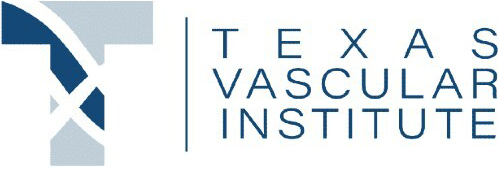Varicose veins are enlarged, twisted, and bulging, usually visible on the legs and feet. These unsightly veins are caused by a variety of factors, such as genetics, age, pregnancy, obesity, and prolonged standing or sitting. Common symptoms and complications include pain, swelling, itching, bleeding, skin changes, ulcers, and even blood clots.
Surprisingly, varicose veins are not just a cosmetic issue – they’re a medical condition that can impact your health and overall well-being. This article explores everything you need to know about varicose veins, from prevention to treatment.
Why Varicose Veins Are Common in Dallas
The prevalence of varicose veins in Dallas can be influenced by a combination of demographic, lifestyle, and environmental factors:
Age: Aging is a notable risk factor for varicose veins. As we get older, the valves in our veins can become less efficient, leading to blood pooling and the development of varicose veins.
Gender: Women are statistically more likely than men to develop varicose veins. Hormonal factors, including pregnancy and hormonal fluctuations, can affect their development.
Genetics: A family history of varicose veins increases the likelihood of developing them. Genetic factors can influence vein structure and valve function.
Obesity: Excess body weight can put additional pressure on the veins, especially in the legs. This can lead to weakened vein walls and valve dysfunction.
Lifestyle Factors: Sedentary behavior and lack of physical activity can contribute to poor blood circulation, possibly increasing the risk of varicose veins.
Occupation: Jobs requiring prolonged standing or sitting can hinder blood circulation and contribute to the development of varicose veins.
Pregnancy: Pregnancy places increased pressure on the veins due to the growing uterus and hormonal changes. This blissful condition can lead to the development of varicose veins, which may or may not improve after childbirth.
Environmental Factors: Hot and humid climates, such as those found in Dallas, can exacerbate the risk of varicose veins. Heat can dilate blood vessels and increase the workload on veins, contributing to their weakening and dysfunction.
Sun Exposure: Prolonged exposure to sunlight can damage the skin and veins, potentially increasing the risk of varicose veins.
Smoking: Smoking can negatively affect blood circulation and overall vascular health, potentially contributing to the development of varicose veins.
Diet: A diet high in salt and low in fiber can contribute to water retention and constipation, which can strain the circulatory system and contribute to vein problems.
As per recent data, about 30% of adults in Texas are grappling with varicose veins, with a substantial number of cases originating from Dallas. A Dallas-based vascular clinic treated over 3,000 patients for varicose veins in the last year alone.
If you’re a Dallas resident dealing with varicose veins or at risk of developing them, you’re likely asking yourself: what can I do to prevent or manage this condition?
How to Prevent and Diagnose Varicose Veins
You can potentially prevent or reduce your risk of developing varicose veins with the following strategies:
Compression Gear: Wearing compression stockings or socks can improve blood flow and reduce swelling.
Leg Elevation: When sitting or lying down, elevate your legs to relieve vein pressure.
Regular Exercise: Regular workouts strengthen your muscles and enhance circulation.
Maintain a Healthy Weight: Keeping a balanced weight reduces strain on your veins.
Movement: Avoid prolonged standing or sitting, making sure you change your position frequently to prevent blood pooling.
Wardrobe Check: Avoid tight clothing or shoes that restrict blood flow.
Avoid Excessive Heat: Limit sun exposure that can dilate the veins.
To diagnose varicose veins, you can start with a self-examination, looking for signs such as swelling or a blue or purple color on your legs or feet. If you experience any symptoms or complications, like pain or skin changes, consult with a doctor.
A physical examination or an ultrasound test can accurately diagnose varicose veins. If you’ve been diagnosed with varicose veins or have severe symptoms impacting your quality of life, it’s time to consider treatment options.
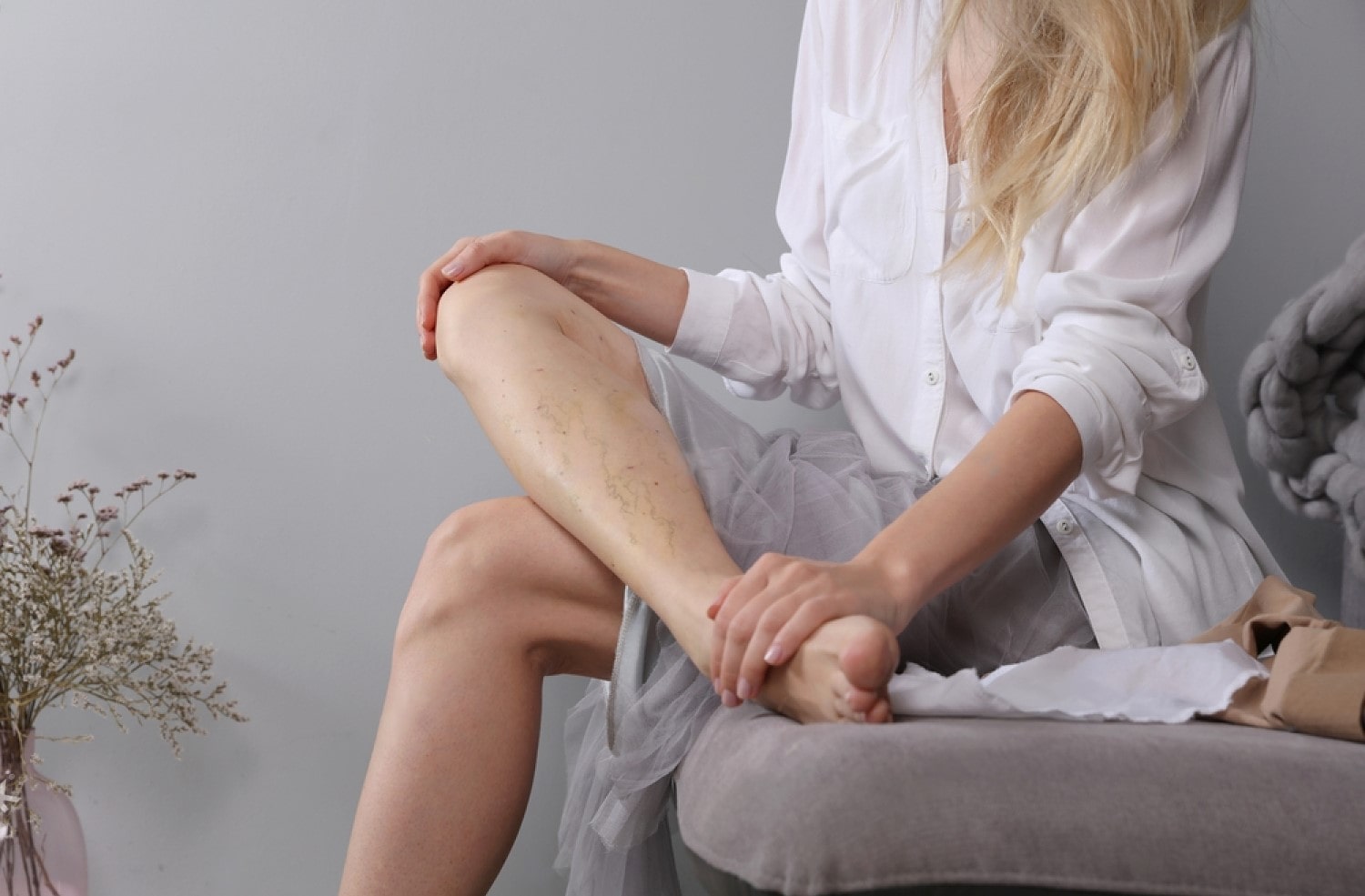
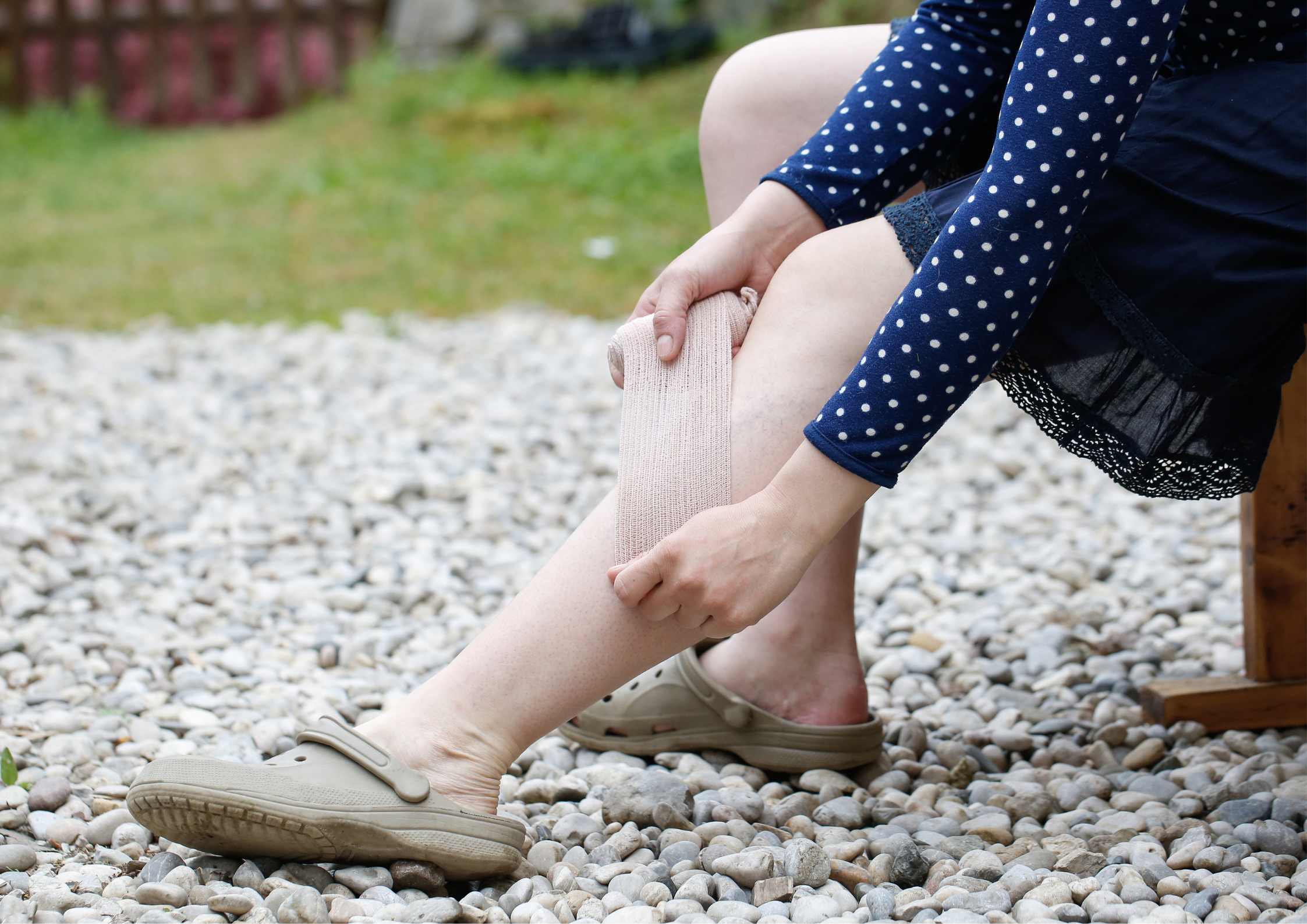
How to Treat Varicose Veins in Dallas
Dev Batra, MD, is an interventional radiologist affiliated with the Texas Vascular Institute in Hurst and Dallas, specializing in treating vein problems. Texas Vascular Institute offers comprehensive and minimally invasive treatment options for varicose veins, including:
Sclerotherapy: A chemical solution is injected into the affected vein, causing it to close and fade away over time.
Endovenous Laser Ablation (EVLA): A thin laser fiber seals off the affected vein, causing it to collapse.
Radiofrequency Ablation (RFA): Heat generated from radiofrequency energy is used to close off the affected vein.
VenaSeal: A medical adhesive is injected into the affected vein to seal it off.
Microphlebectomy: Tiny incisions are made in the skin to remove the affected vein segments with a special hook.
These treatments come with a plethora of benefits:
- Performed in an office setting under local anesthesia, typically in less than an hour
- Minimal downtime and recovery period
- High success rates and low complication rates
- Improvement in the appearance and function of the veins
- Relief from symptoms and complications
- Most insurance plans cover these treatments
If you’re looking for a safe, effective, and convenient way to treat your varicose veins in Dallas, consider contacting our office today. To learn more about your options or to schedule an appointment, visit Texas Vascular Institute.
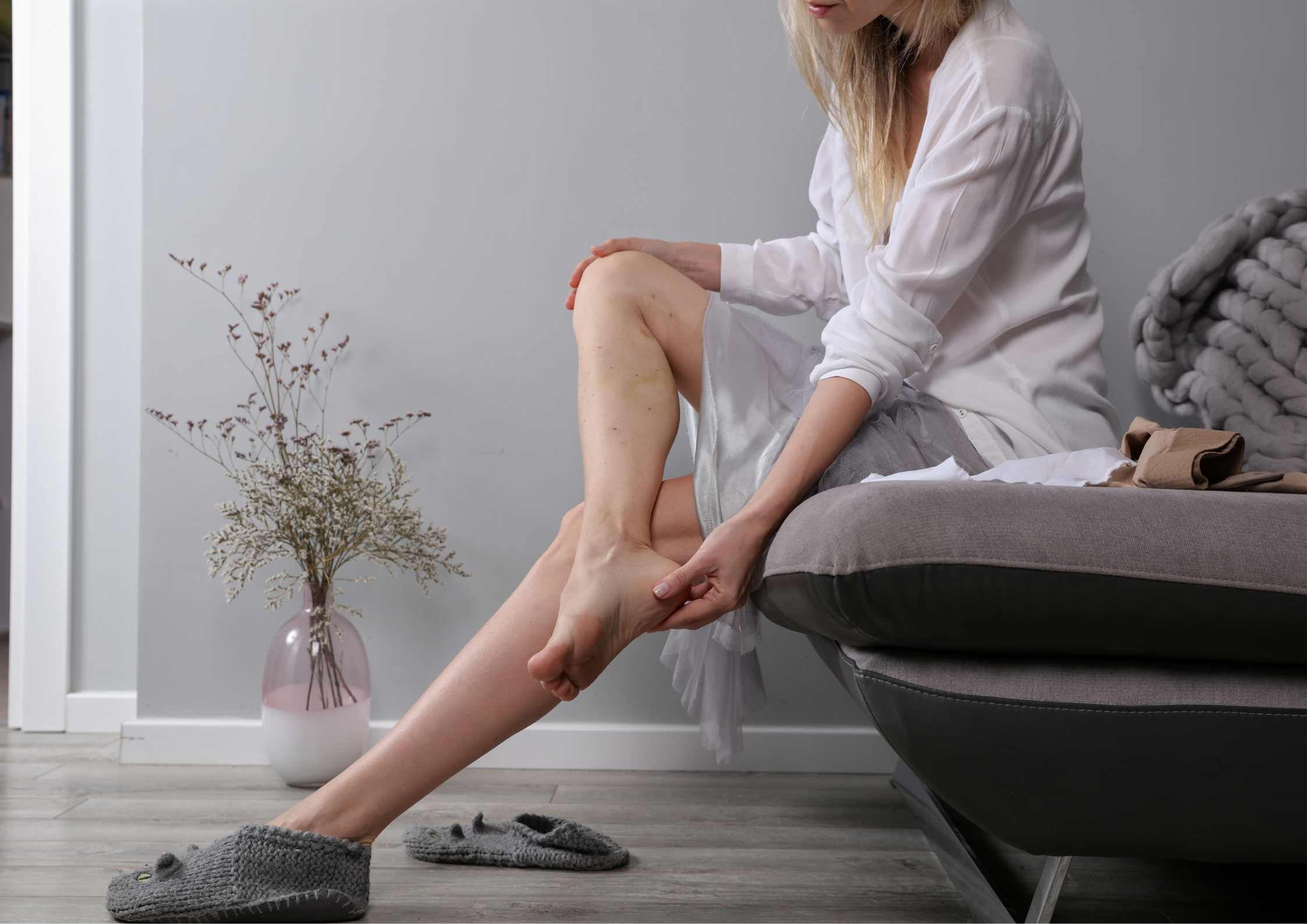
The Cost of Varicose Vein Treatment and Insurance Coverage
The cost of varicose vein treatment varies based on several factors, such as:
- Type and severity of your condition
- Number and location of veins treated
- Type of treatment performed
- Provider’s fees
Most insurance plans cover varicose vein treatment if it’s medically necessary, i.e., if you have symptoms or complications that affect your health or quality of life. You may need to provide documentation from your doctor or try conservative therapy (like compression stockings or lifestyle changes) before getting approval for coverage.
If your insurance doesn’t cover varicose vein treatment or if you lack insurance, there might be financing options from your provider or third-party lenders. Before signing any agreement, remember to ask about payment plans, interest rates, fees, and terms.
In Summary: Your Path to Healthier Veins
This article explored varicose veins, their impact, preventive measures, diagnosis, and treatment options in Texas Vascular Institute.
Remember, varicose veins aren’t just a cosmetic concern—they’re a medical condition that can substantially affect your health and quality of life. However, you can find relief and improvement with our latest treatment technologies in Dallas.
Are you interested in learning more about our cutting-edge treatment options or scheduling an appointment? Visit our website at Texas Vascular Institute or call 972-798-4641. Don’t let varicose veins affect your well-being.
Get in touch today.

WHAT OUR PATIENTS
have to say
Texas Vascular Institute always appreciates feedback from our valued patients. To date, we’re thrilled to have collected 378 reviews with an average rating of 5 out of 5 stars. Please read what others are saying about Texas Vascular Institute below, and as always, we would love to collect your feedback.
Leave a Review
Amazing Practice
I'm very particular with my Healthcare and tend to be cautious with referrals to specialists. This office is amazing from the first point of contact. Their staff are friendly, professional and highly knowledgeable. Then the Dr is just as amazing as his staff, absolutely brilliant. Office manager Jessica has this office running like a well oiled machine and does so with a smile, an air of confidence, kindness and professionalism. Love this practice!!
- Richard G.

Beyond Thankful
Dr Batra and his staff are amazing! We are so grateful to have found him. Everyone is so kind and so caring and Dr Batra explains everything so well and does procedures with excellence. Beyond thankful to be under their care!!!
- Bitsy P.

Gold Standard
This is a gold standard for how a medical practice should be run. I was promptly seen at my scheduled time, my ultrasound was thorough and I received plenty of attention and care from the staff and Dr.Batra.
- Weronika L.
INSURANCE
We accept most major insurance plans. Please contact the medical office for all insurance related questions.








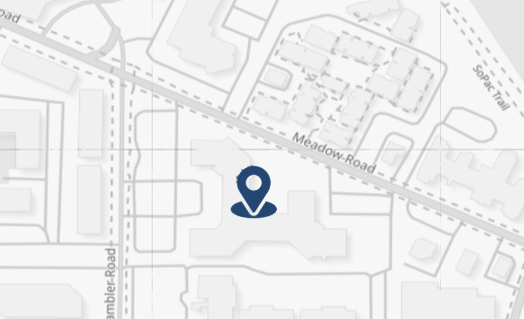
8330 Meadow Rd #100
Dallas, TX 75231
For Appointments: 972-798-4710
General Inquiries: 972-646-8346

809 West Harwood Rd, Suite 101,
Hurst, TX 76054
For Appointments: 972-798-4710
General Inquiries: 972-646-8346
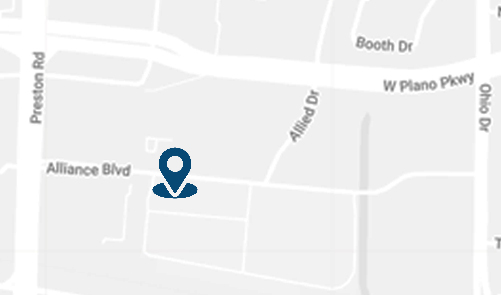
4716 Alliance Blvd Suite #180,
Plano, TX 75093
For Appointments: 972-798-4710
General Inquiries: 972-646-8346

